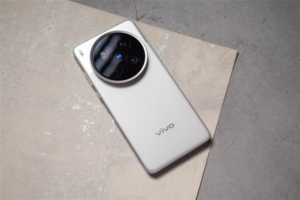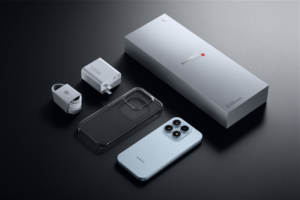Consumers Outraged Over Vivo’s Bad After-Sales Service

Once celebrated for its quality and customer service, Vivo is now facing growing dissatisfaction among its users. Over the past month, complaints have flooded the Black Cat complaint platform, with frustrated consumers recounting issues like refusal to provide spare phones during repairs, inconsistent service treatment, and shifting responsibility for product defects. The backlash against Vivo is raising questions about the company’s after-sales practices, with some even accusing it of violating consumer protection laws.
Three Key Failings in Vivo’s After-Sales Service
Vivo’s after-sales issues stem from its highly centralized management system. Decision-making power is concentrated at higher levels, leaving service engineers unable to address customer complaints effectively. This structure creates a “bottleneck” where customer requests get stuck in endless loops of approval and prolong the service timeline. Customers are often left waiting blindly for over a week, unable to use their devices, without any temporary replacements provided — a practice that seemingly contradicts warranty regulations requiring spare phones during repairs.
Furthermore, consumers have encountered high repair fees associated with potential design flaws in Vivo products, particularly mainboard issues. Rather than proactively addressing these concerns with measures like recalls or discounted repair services—practices adopted by competitors such as Huawei and Xiaomi—Vivo has implemented a uniform and rigid charging policy. This approach has not only amplified consumer dissatisfaction but also tarnished the brand’s public image.
The “Unspoken Rules” of Smartphone After-Sales Service
According to the recent China Smartphone After-Sales Service Satisfaction White Paper, Vivo placed last among major smartphone brands in customer satisfaction, lagging far behind competitors Huawei, Xiaomi, and OPPO. This shortfall is particularly evident in areas like service response efficiency and responsibility for product faults.
One of the contributing factors is Vivo’s reduced investment in its after-sales services. While its 2024 financial report shows a 23% increase in R&D spending, expenditure on after-sales services dropped by 18%. This imbalance reflects a strategy that prioritizes marketing and product development over customer support, exacerbating the company’s after-sales crisis.
Vivo Faces a Crisis of Trust
Stories of exorbitant repair fees and apathetic customer service have brought Vivo’s once-celebrated “integrity” slogan into question. Complaints indicate systemic indifference throughout Vivo’s service pipeline, from unhelpful call center staff to policies leveraging warranty expiration to sidestep responsibility for product issues. This erodes both consumer rights and brand trust.
If Vivo fails to act on customer grievances, it risks following in the steps of notorious industry controversies like Samsung’s “exploding battery” scandal—a stark reminder of how quickly trust can crumble in the face of unresolved issues. While technological advancements can drive short-term success, consumer trust, once broken, is not easily restored.
Vivo must urgently overhaul its after-sales service model to regain trust. Simplifying service processes, enhancing transparency, and demonstrating genuine accountability for product flaws are critical steps. Without these reforms, Vivo risks losing market share and alienating its loyal consumers. Rebuilding trust must be a priority if the brand wishes to maintain a strong foothold in the competitive smartphone industry.

Kazam is Focused on creating and reporting timely content in technology with a special focus on mobile phone technology. Kazam reports, analyzes, and reviews recent trends, news and rumors in mobile phone technology and provides the best possible insights to enhance your experience and knowledge.













